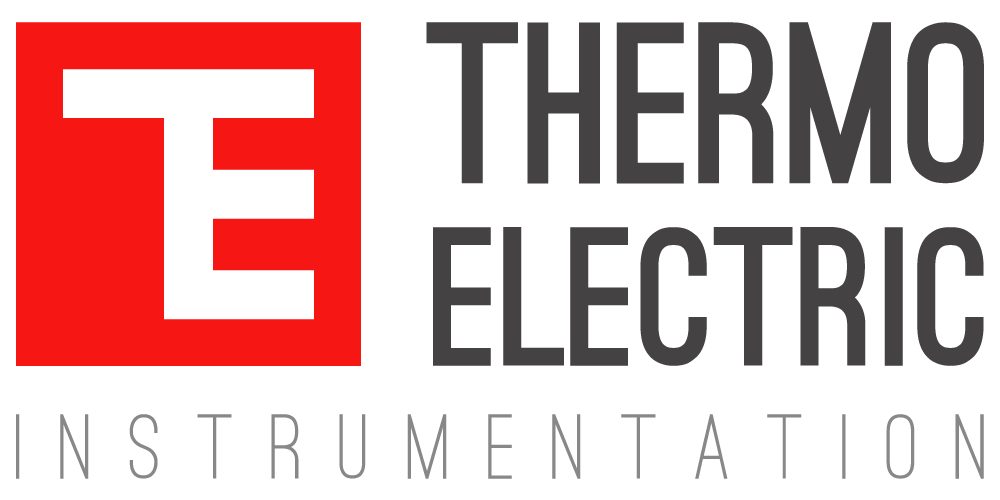Precision and reliability are critical in today’s high-tech industries. From semiconductors to aerospace, the need for high-quality, accurate temperature sensors like spike and profile thermocouples is paramount. Clean room manufacturing is a key factor in ensuring these components meet stringent industry standards. This article explores the significance of clean room manufacturing for thermocouples, highlighting its benefits across various industries.
Understanding Clean Room Manufacturing
Clean room manufacturing involves producing components in an environment with strictly controlled levels of contamination. These contaminants can include dust, airborne microbes, and aerosol particles. Clean rooms are classified based on the number of particles per cubic meter, with classifications ranging from Class 1 (the cleanest) to Class 100,000. Such controlled environments are essential for manufacturing high-precision components like spike and profile thermocouples.
Contamination control is the cornerstone of clean room manufacturing. Even the smallest contaminant can significantly affect the performance and reliability of sensitive components.
Clean rooms use various methods to minimize contamination:
- Particle Filtration: Clean rooms employ filters to remove airborne particles, ensuring a clean environment for manufacturing.
- Strict Protocols: Personnel must follow stringent protocols, including wearing protective clothing and adhering to rigorous cleaning procedures to minimize the risk of introducing contaminants.
Maintaining consistent environmental conditions is critical in clean room manufacturing. Key factors include:
- Temperature and Humidity: Controlled temperature and humidity levels prevent issues like condensation and static discharge, which can compromise the integrity of thermocouples.
- Airflow Management: Laminar airflow systems create a unidirectional flow of air, reducing the risk of particle accumulation on sensitive components.
In a clean room environment, we can achieve the high precision and accuracy required for producing reliable thermocouples. Thermocouples are also calibrated using advanced techniques to ensure they provide accurate temperature readings.
Benefits of Clean Room Manufacturing for Thermocouples
Thermocouples manufactured in clean rooms exhibit improved performance. The controlled environment ensures that these sensors provide accurate and reliable readings throughout their lifespan, which is critical for industries where precise temperature control is essential.
Manufacturing in clean rooms helps companies meet stringent industry regulations and standards, such as ISO 17025. This compliance is essential for maintaining market credibility and ensuring that products meet the highest quality benchmarks.
Semiconductor Industry
In semiconductor manufacturing, even a tiny particle can cause defects in microchips, leading to reduced performance or complete failure. Clean room manufacturing ensures that spike and profile thermocouples produced for this industry are free from contaminants, providing accurate temperature measurements essential for processes like doping, etching, and deposition.
Our Commitment
Thermo Electric Instrumentation is dedicated to producing high-quality thermocouples. Our clean room facilities are purpose-built to meet the stringent requirements of various high-tech industries, ensuring that all components are produced in an environment free from contaminants.
Because clean room manufacturing is essential for producing high-quality, reliable components for a variety of high-tech industries. Thermo Electric’s commitment to maintaining strict clean room standards ensures that its products meet the highest levels of accuracy and reliability. By adhering to these practices, we continue to support the industry’s demand for precision and quality.
If you’re involved in high-tech manufacturing and need reliable temperature sensors, reach out to our team for expert consultation and customized solutions.
Follow us on LinkedIn for more insights and updates on our latest innovations in temperature measurement technology.


